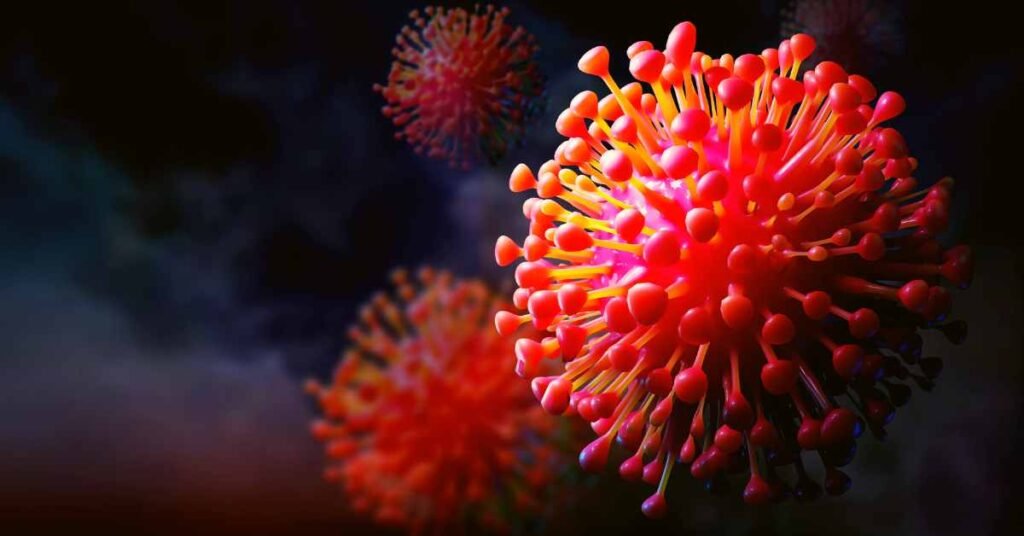In the face of viral challenges, the quest for natural remedies and supportive measures becomes crucial.
Respiratory Syncytial Virus (RSV) is a prevalent respiratory infection that affects individuals of all ages, particularly infants and the elderly.
Amidst the ongoing efforts to find effective treatments and preventive measures, the spotlight turns towards a centuries-old elixir with a rich history and a plethora of health benefits – tea.
This article delves into the potential connections between tea consumption and resilience against RSV, exploring the scientific underpinnings, historical context, and practical applications of integrating tea into our health regimens.
The Immune-Boosting Potential of Tea

Tea, derived from the leaves of the Camellia sinensis plant, has long been celebrated for its diverse array of antioxidants and polyphenols.
These compounds are known to have immune-boosting properties that may contribute to the body’s defense mechanisms against viral infections, including RSV.
- Epigallocatechin Gallate (EGCG): Found abundantly in green tea, EGCG is a powerful polyphenol with well-documented antiviral properties. Research suggests that EGCG may interfere with the replication process of certain viruses, potentially impeding the spread of infections.
- Theanine: Present in tea, particularly in higher concentrations in green tea, theanine has been associated with immune modulation. Studies have indicated that theanine may enhance the production of certain immune cells, providing an additional layer of defense against infections.
Historical Significance of Tea in Health
Tea’s association with health and well-being dates back centuries, with traditional medicine systems recognizing its therapeutic potential.
In ancient China, tea was not only appreciated for its taste but also revered for its medicinal properties.
The Chinese believed that regular tea consumption could promote harmony within the body and ward off illnesses.

Throughout history, various cultures have ascribed healing qualities to tea.
In traditional Ayurvedic medicine in India, for instance, herbal teas and infusions have been used to address respiratory conditions.
This rich historical context sets the stage for exploring tea as more than just a beverage but as a holistic approach to well-being.
Scientific Studies on Tea and Viral Infections
While the historical and cultural significance of tea in promoting health is intriguing, contemporary scientific studies provide a more nuanced understanding of its potential in the context of viral infections.
Although research on the direct impact of tea on RSV is limited, several studies have explored tea’s antiviral properties against other respiratory viruses.
- Antiviral Effects of Green Tea: Numerous studies have investigated the antiviral effects of green tea, particularly against influenza viruses. While not directly related to RSV, the similarities in respiratory symptoms prompt the exploration of whether green tea’s antiviral properties extend to RSV.
- Polyphenols and Viral Infections: Polyphenols, the potent antioxidants found in tea, have been studied for their role in combating viral infections. Their ability to modulate the immune response and interfere with viral replication processes suggests a potential avenue for exploration in the context of RSV.
Practical Applications and Considerations

Incorporating tea into one’s routine may offer a range of health benefits, but it’s essential to approach it as a complementary measure rather than a standalone solution. Here are some practical considerations:
- Varieties of Tea: Different types of tea offer varying concentrations of beneficial compounds. Green tea, white tea, and herbal infusions each bring their unique advantages. Experimenting with different varieties can help individuals find what suits them best.
- Frequency and Moderation: While tea can be a valuable addition to a healthy lifestyle, excessive consumption may lead to unintended consequences. Moderation is key, as excessive caffeine intake, for example, can have adverse effects.
- Hydration and Overall Health: Beyond its potential antiviral properties, tea contributes to hydration, an essential aspect of overall health. Staying adequately hydrated supports the body’s natural defense mechanisms.
Final Word
In the ongoing pursuit of solutions to combat respiratory infections, the age-old tradition of tea consumption emerges as a potential ally.
While scientific research on tea’s direct impact on RSV is still evolving, the historical significance and the documented antiviral properties of tea compounds make it a compelling subject for exploration.
Tea’s rich history, cultural importance, and diverse varieties contribute to its allure as more than just a comforting beverage.
It symbolizes a timeless connection between nature and well-being, offering a moment of respite in our daily lives.
As research progresses, the integration of tea into holistic health regimens may provide an additional layer of defense against respiratory challenges, fostering resilience and well-being in the face of viral threats.
MEDICAL DISCLAIMER
Itsnevernotteatime.com cannot and does not contain medical/health advice. The medical/health information is provided for general and educational purposes only and is not a substitute for professional advice.




